Many people think that this kind of a life no longer exists, where some people are forced to move from one province to another, riding their animals for days in search of a pasture where they can settle. Then, they pitch their tents for two to four months at a time, until the cattle finish grazing in one pasture after which they move on to greener lands. This is the life of the Arab nomadic Bedouins who originally came to Egypt centuries ago from the Arabian Peninsula, who came to Egypt centuries ago, during the Islamic conquest of Egypt.
In an interview held with Mohamed El Shahhat, the head of the Talha tribe, he explained that "if the pasture is government owned, our cattle can graze in exchange for purchasing large amounts of hay, straw and rice. But if the pasture is privately owned, we rent it out by acre”. He and his large family were settled on the sides of a rural road in Kafr ElSheikh. His plan is to depart this location once this winter ends. In accordance with the laws of Bedouins, the land is divided between families for guarding water, personal possessions and livestock. Even though they sleep in the open air at night, they own guard dogs and licensed rifles. However, they usually restrict its use to hunting pigeons only. In the winter, they lay large plastic bags on the canvas of their tents to prevent the rain from soaking them. Once the tents are pitched, the first task for the women is to tighten the ropes for spreading laundry then building clay ovens for cooking, without the use of gas or any source other than fire, with water fetched from the nearest mosque or water supply.
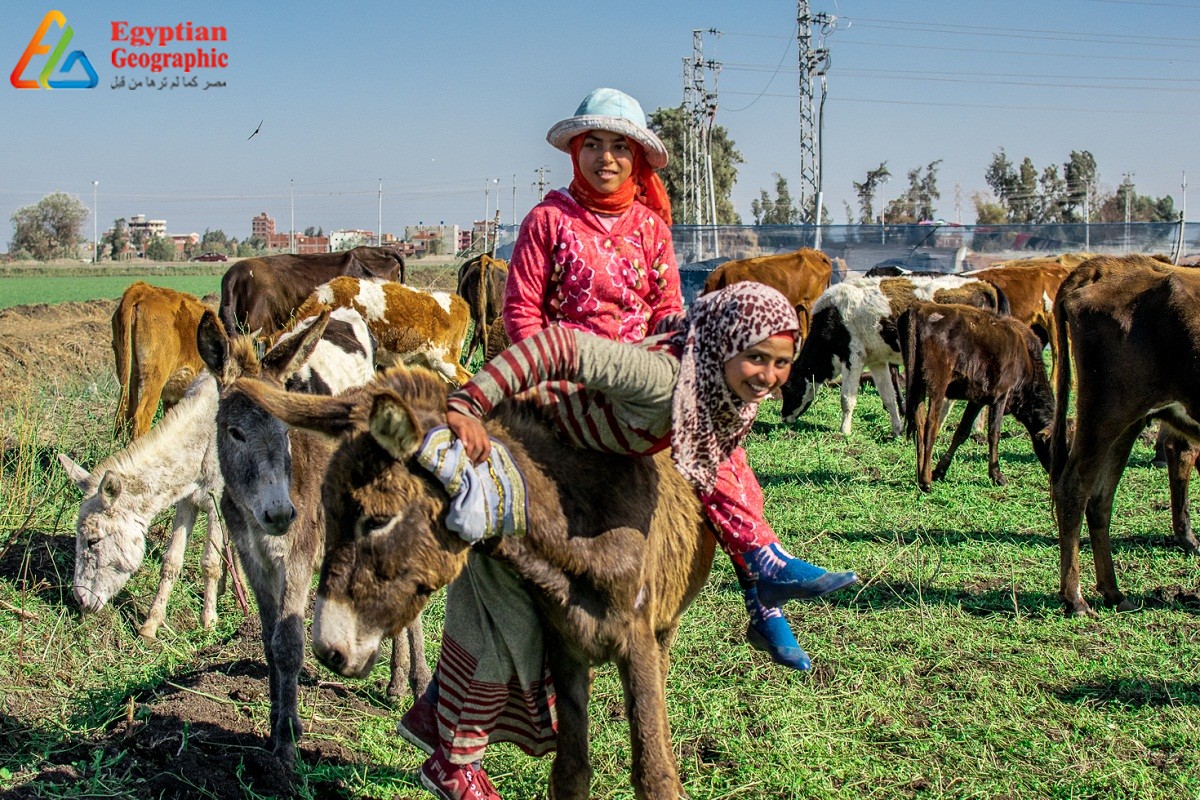
Hajj Mohammed told us that ironically "every child here is born in a different province. There are those who were born in the east, or from the west and the third from Alexandria." Because of this constant state of travel, they cannot enroll their children in school, and as a result, they all remain in a state of illiteracy.
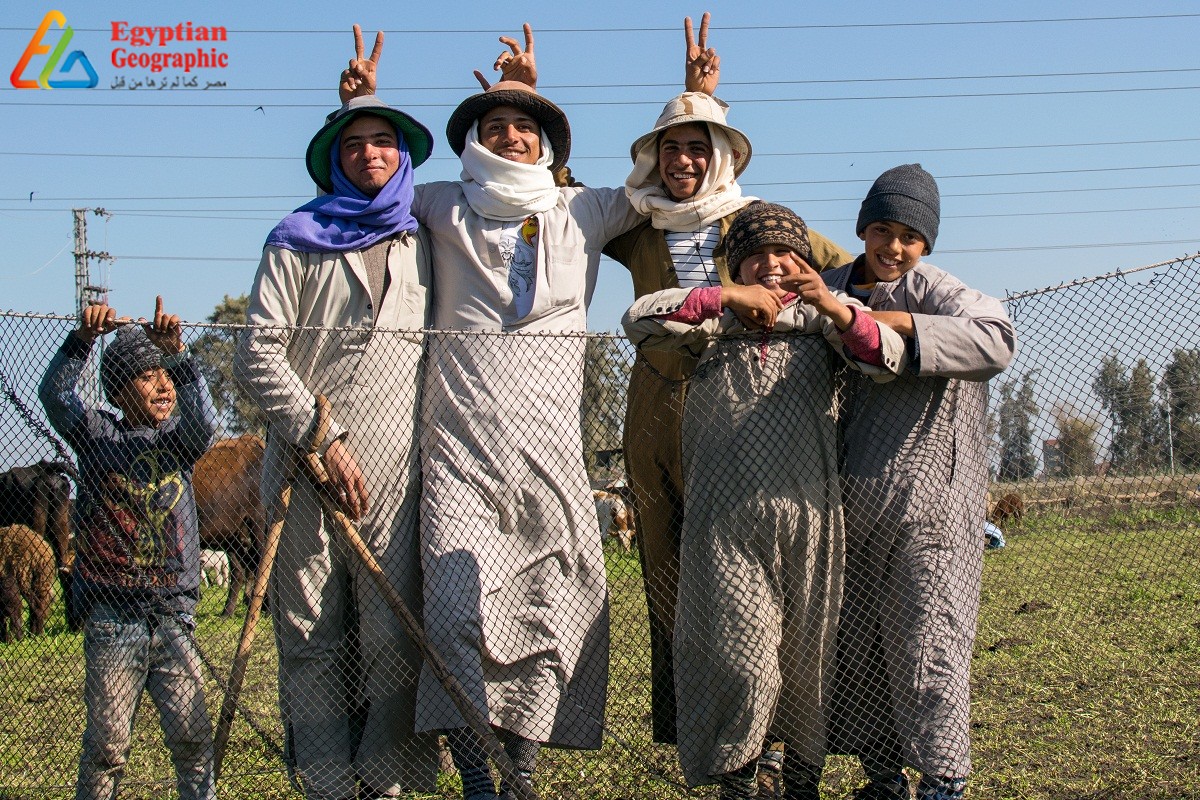
Nomadic Arabs have their own distinct culture that they follow wherever they go. For example, their girls cannot be a day older than sixteen years without getting married, which is done through informal contracts that are formalized once they reach the legal age. In this case, families furnish a simple home usually not much more than a canvass used for a new tent with a gold offering not less than 200,000 pounds of gold.
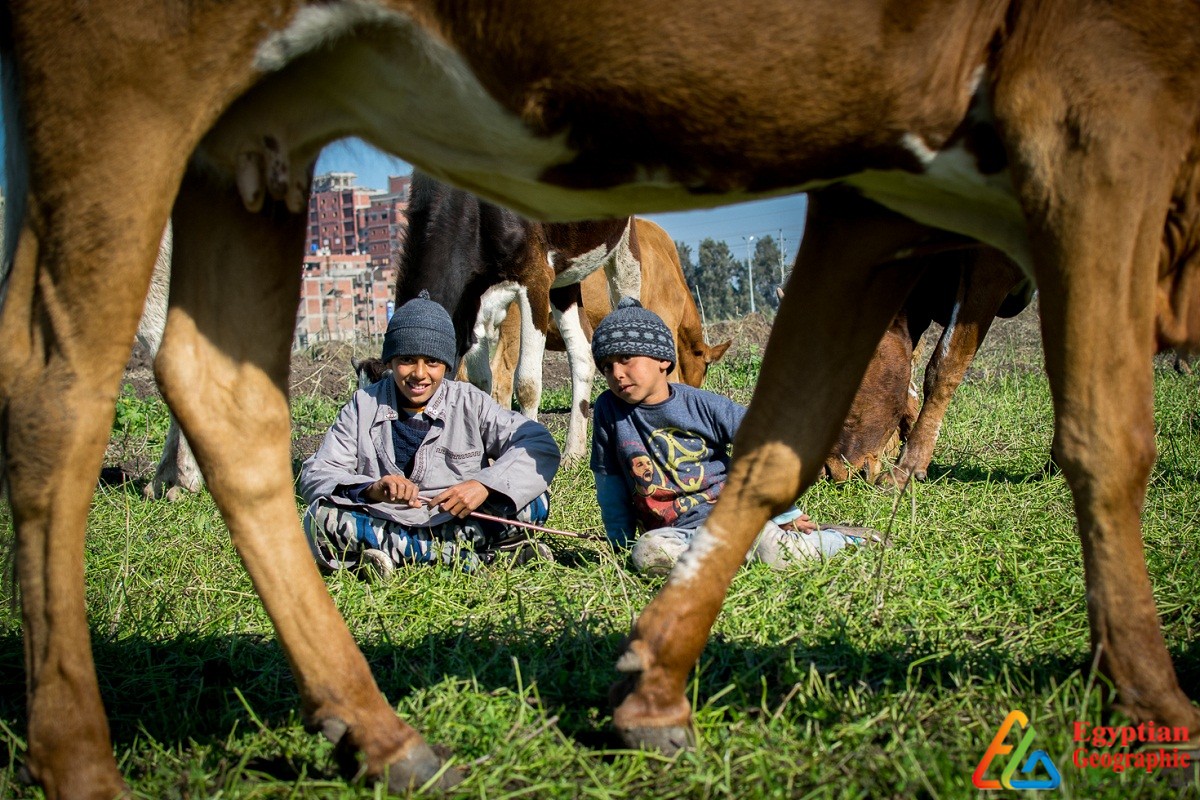
Nomadic men and women cannot live without their head coverings that grant them protection from the sun. However, women’s attires differ according to their age, where a woman who has been married for years long black cloaks, newly-wed brides wear colorful decorated cloaks, and younger girls wear the simply cotton dresses. All women however, wear cloaks and cover their faces before strangers. The most pivotal obstacle facing nomadic women is not being able to access washrooms and having to wait till nighttime to relieve themselves behind tents out of strangers’ sight.



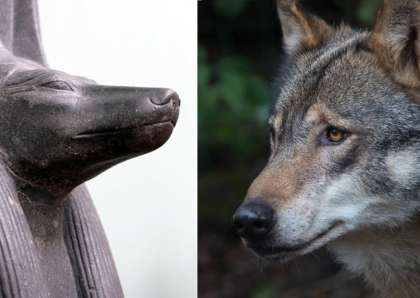
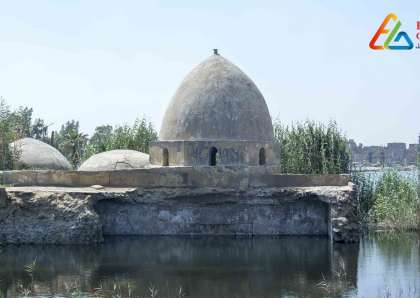
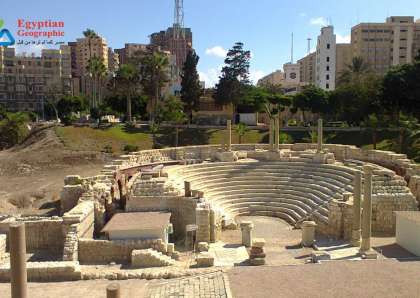
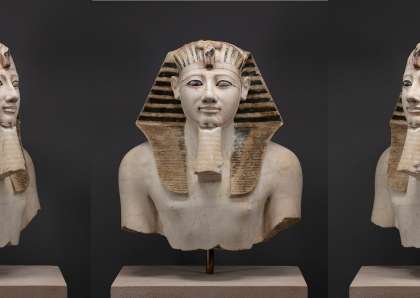
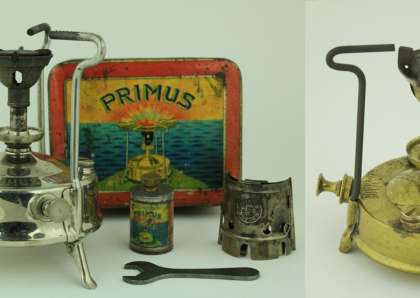
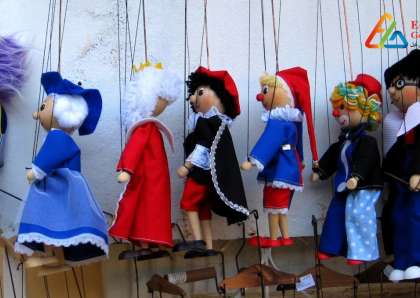
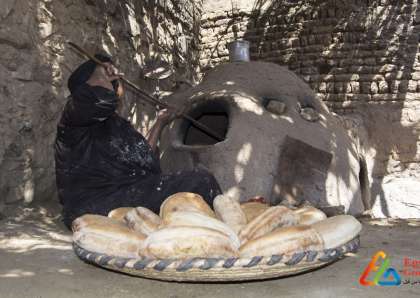
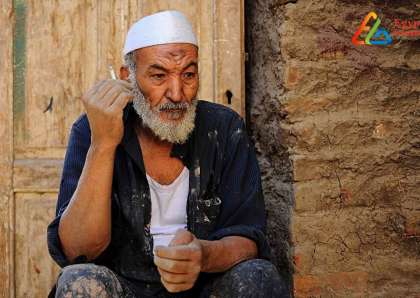
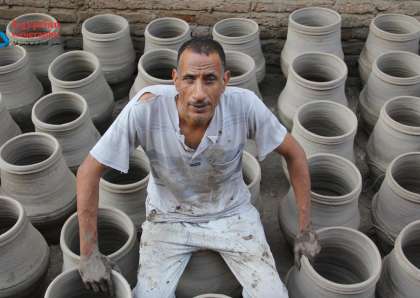
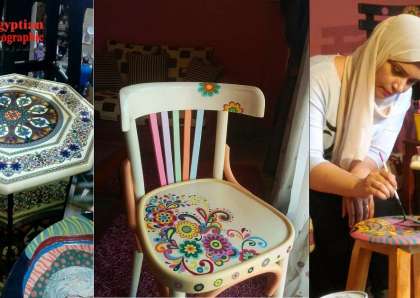
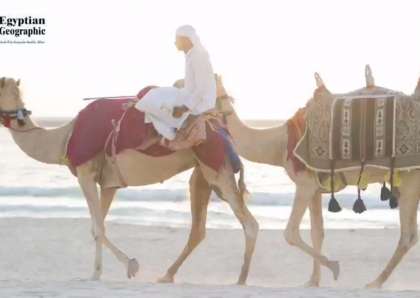
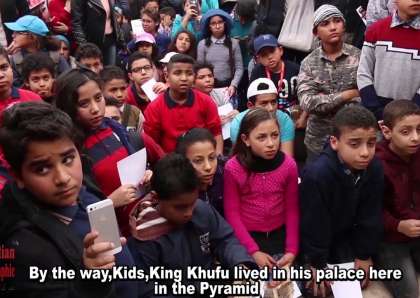

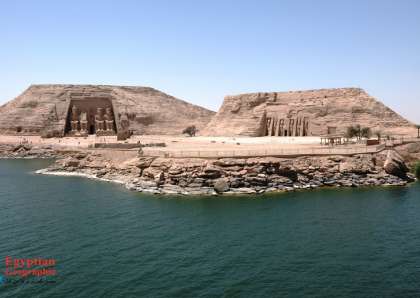
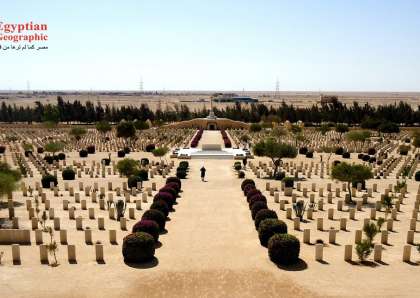
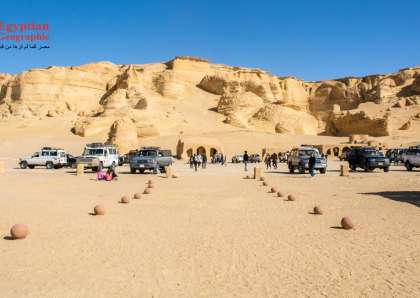
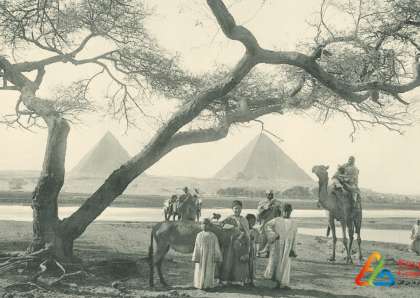
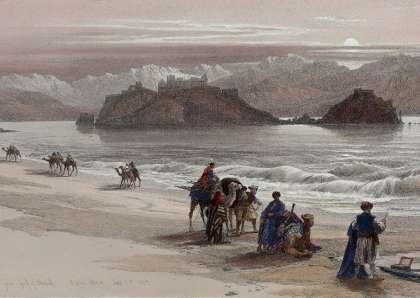
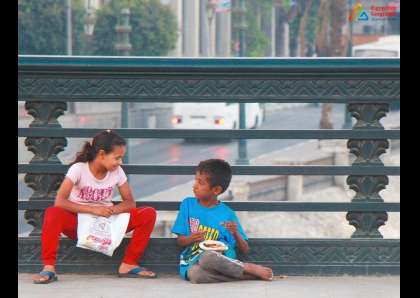

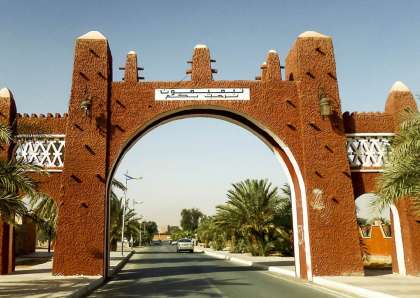




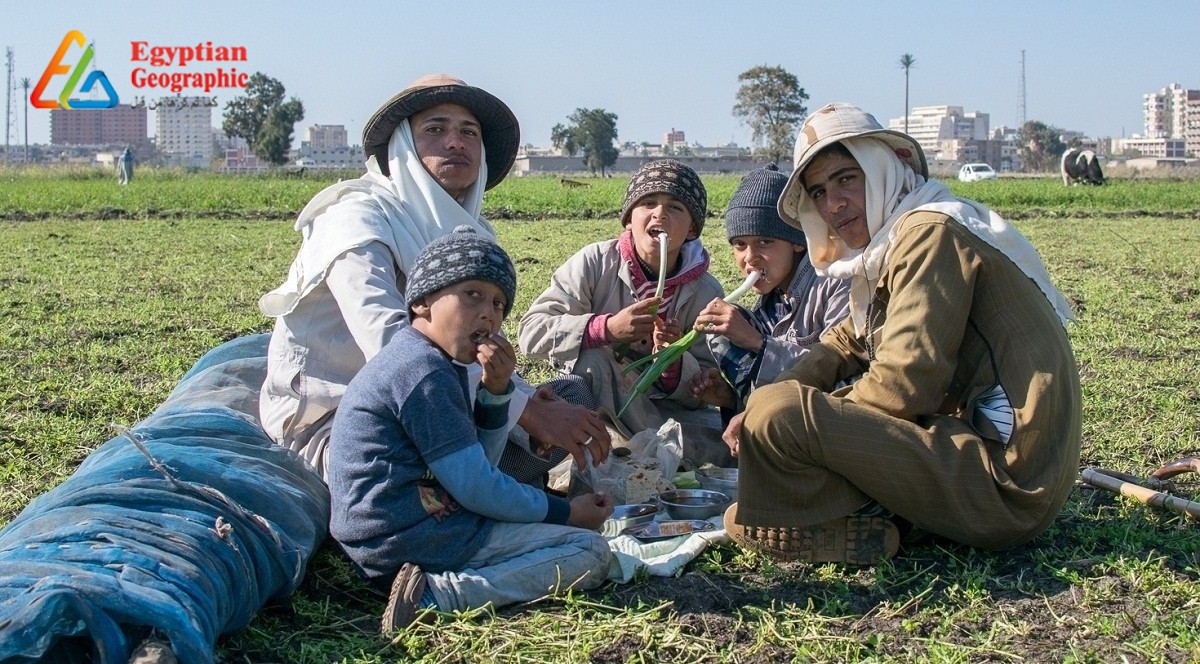



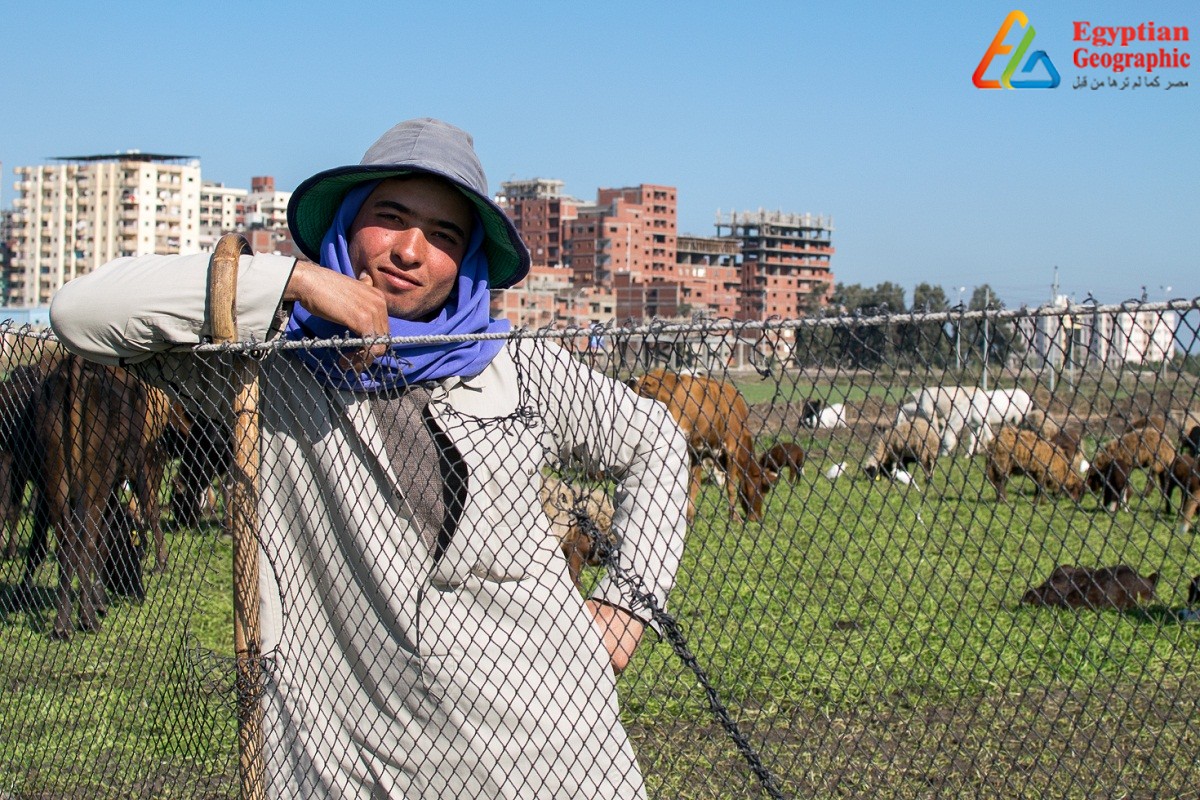
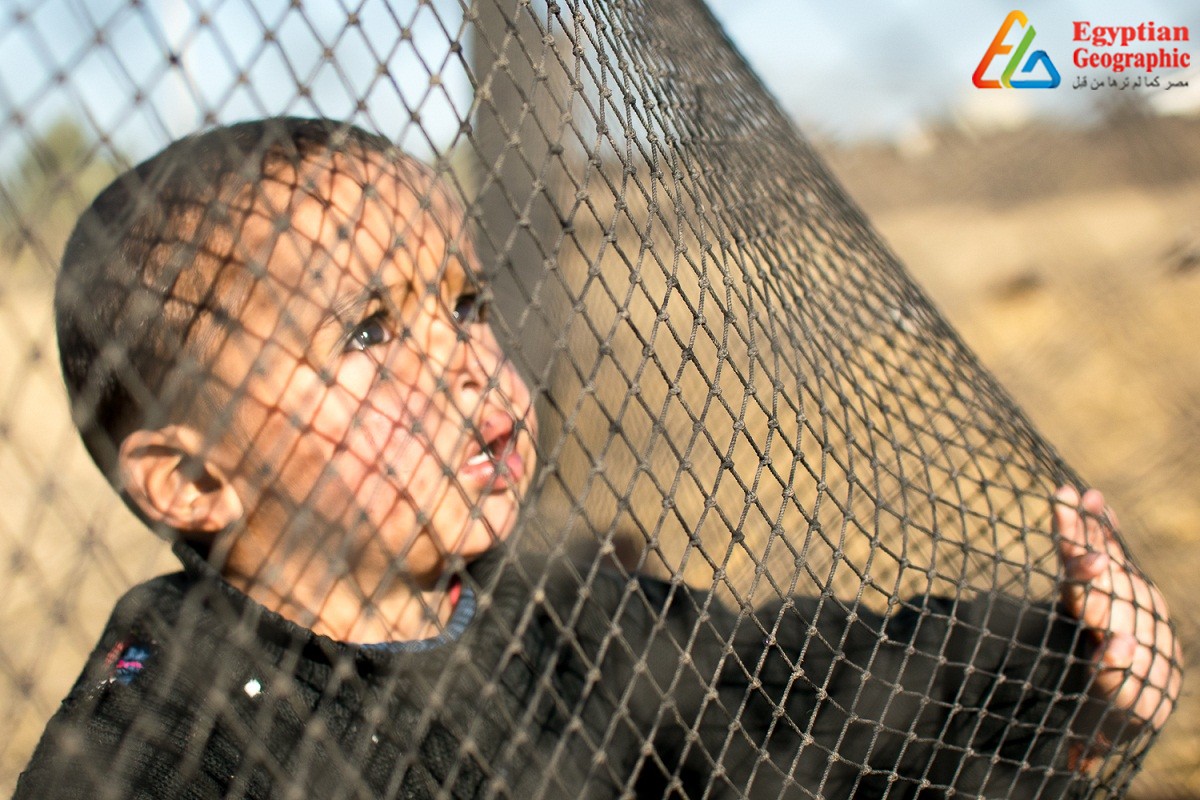
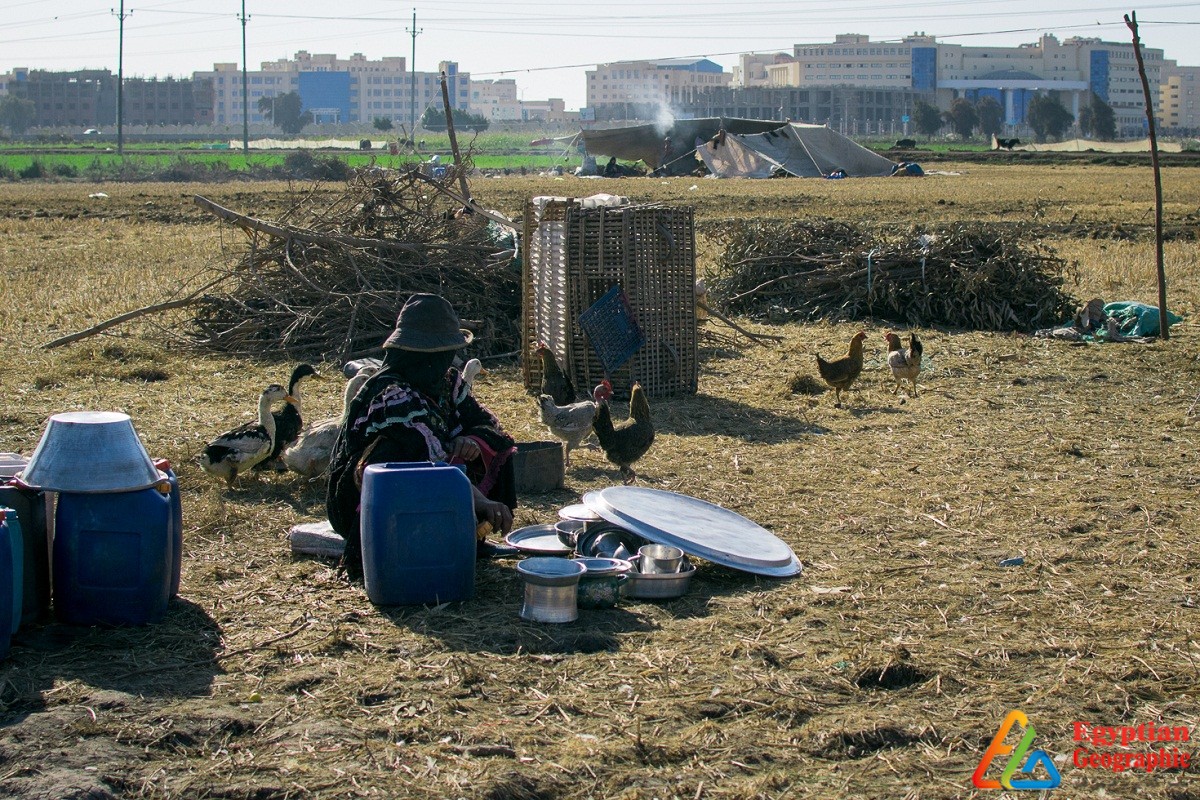
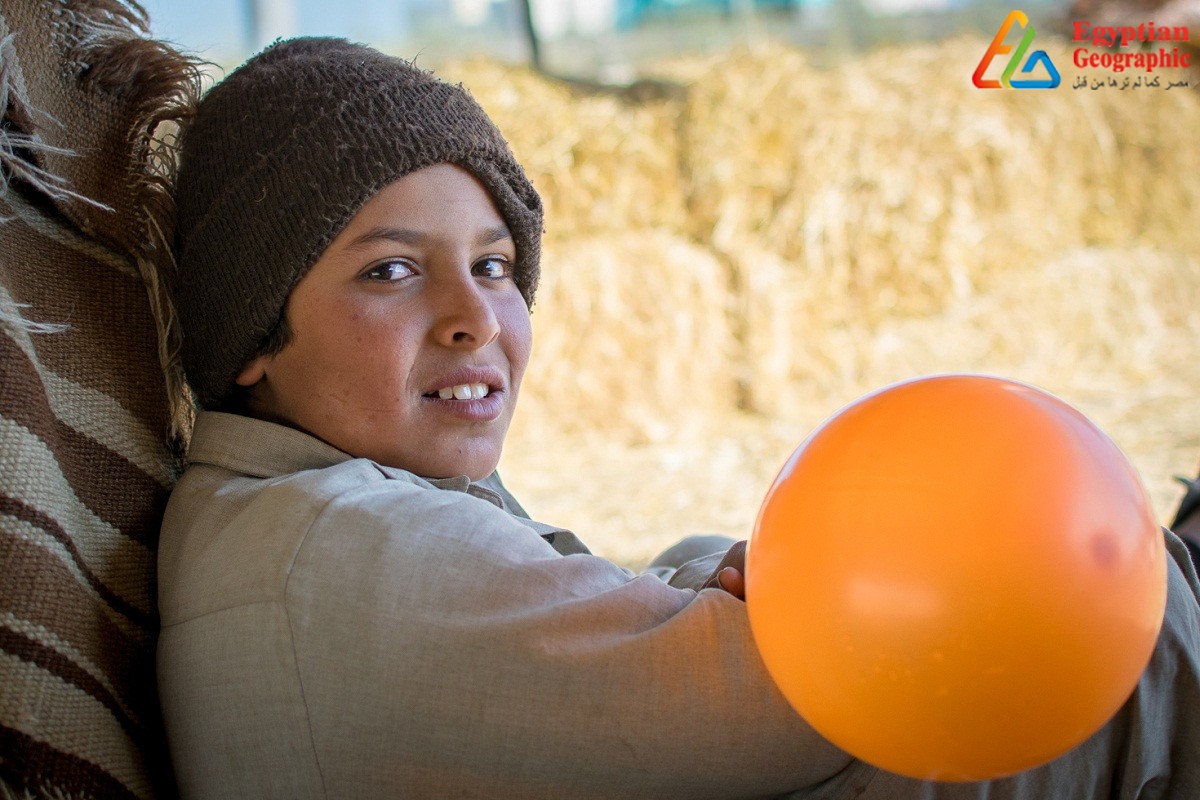
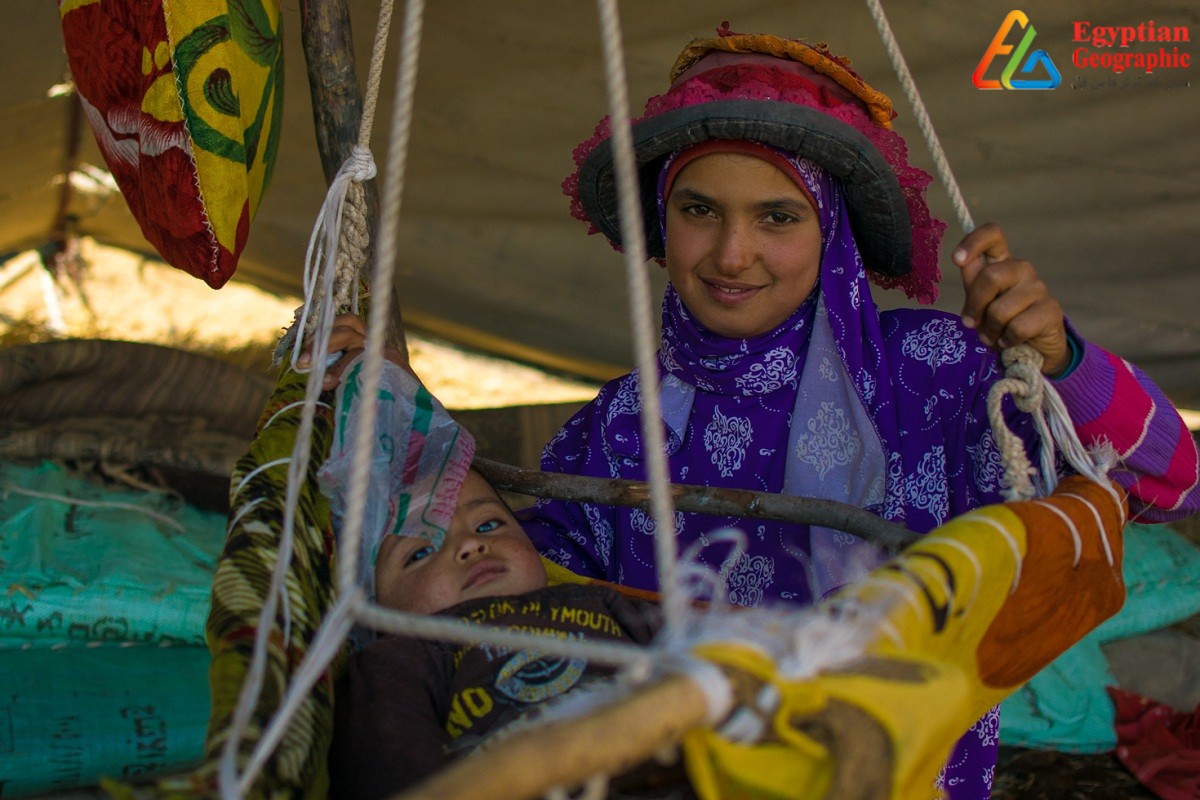
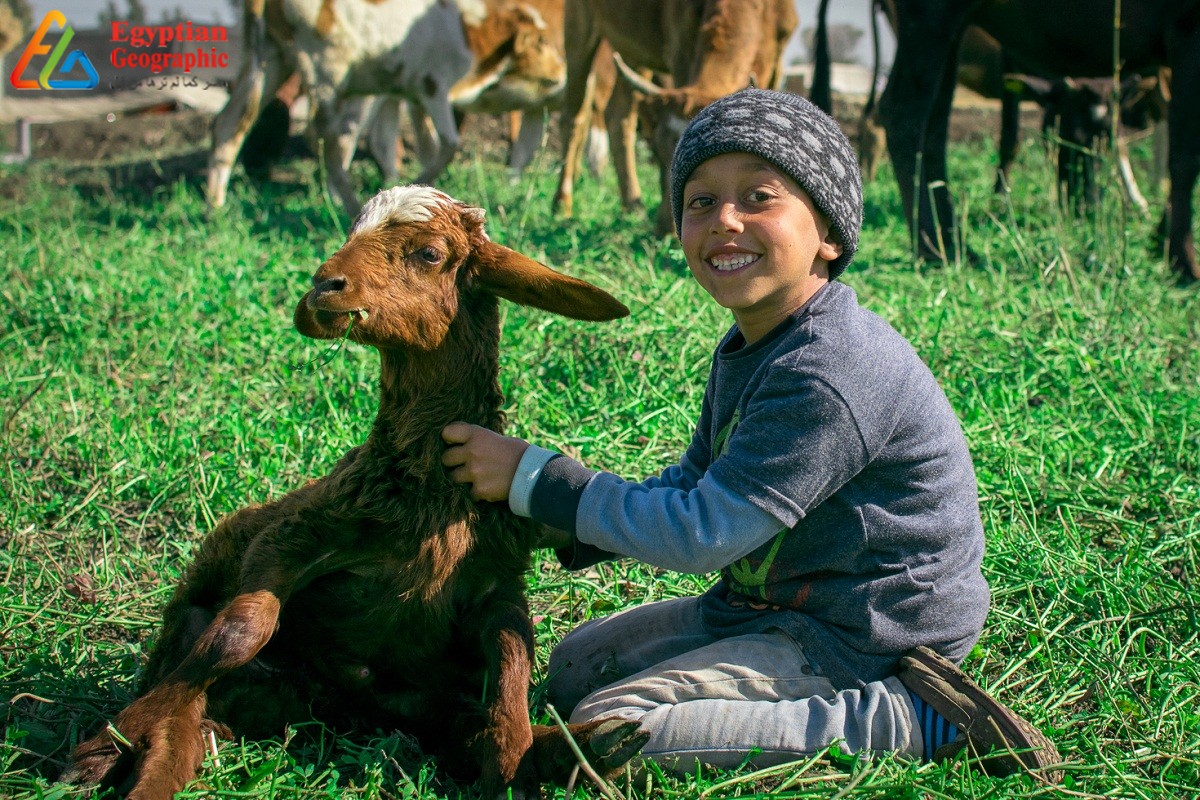
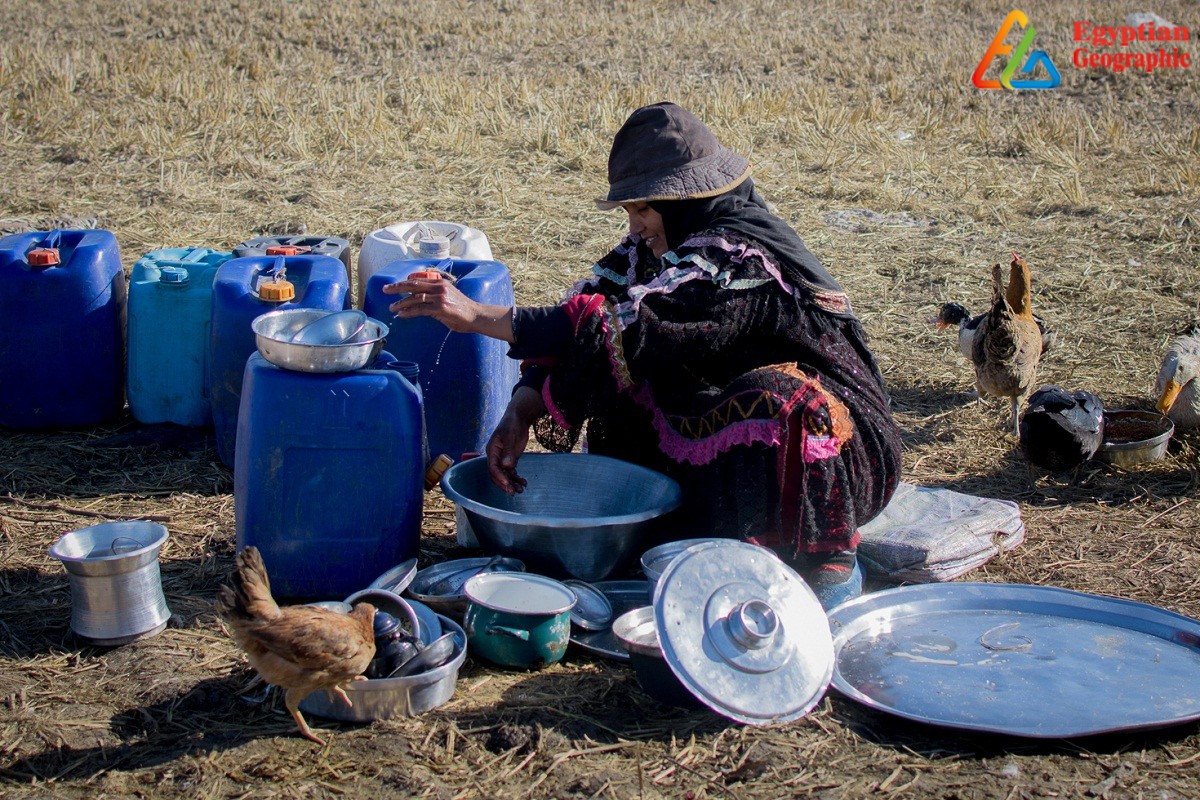
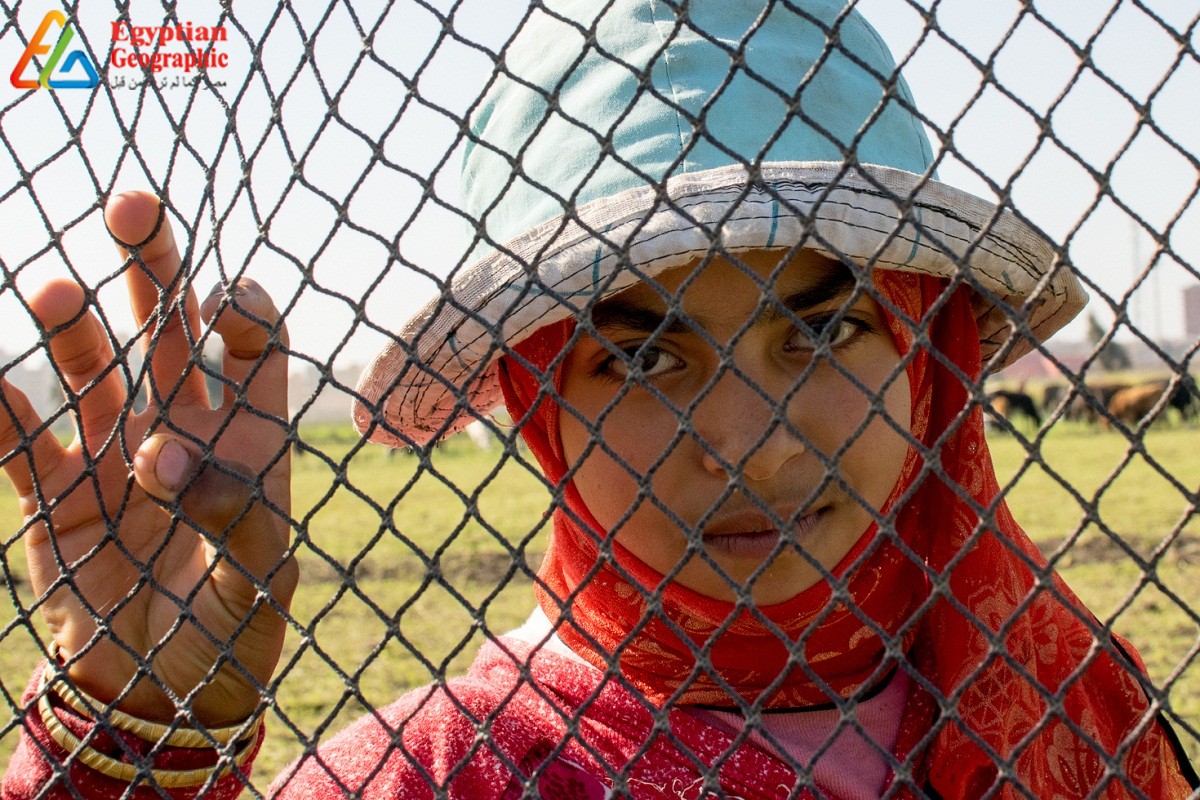
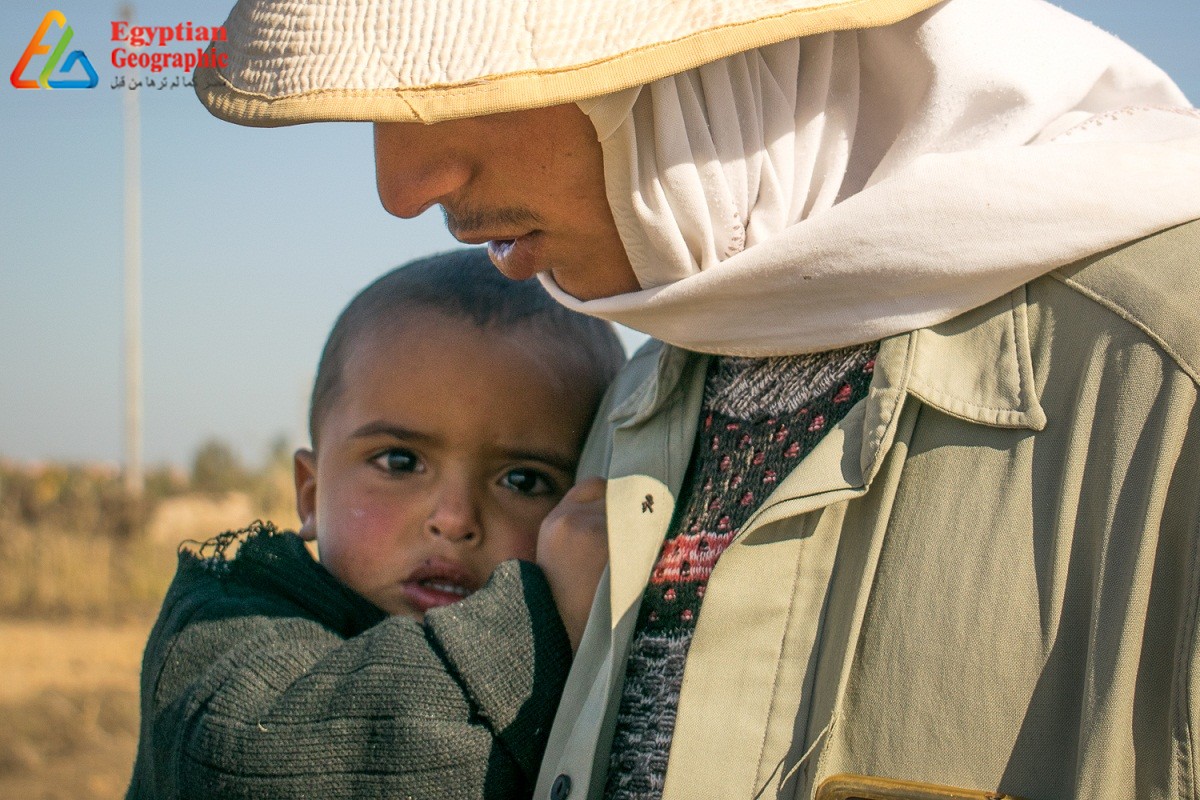
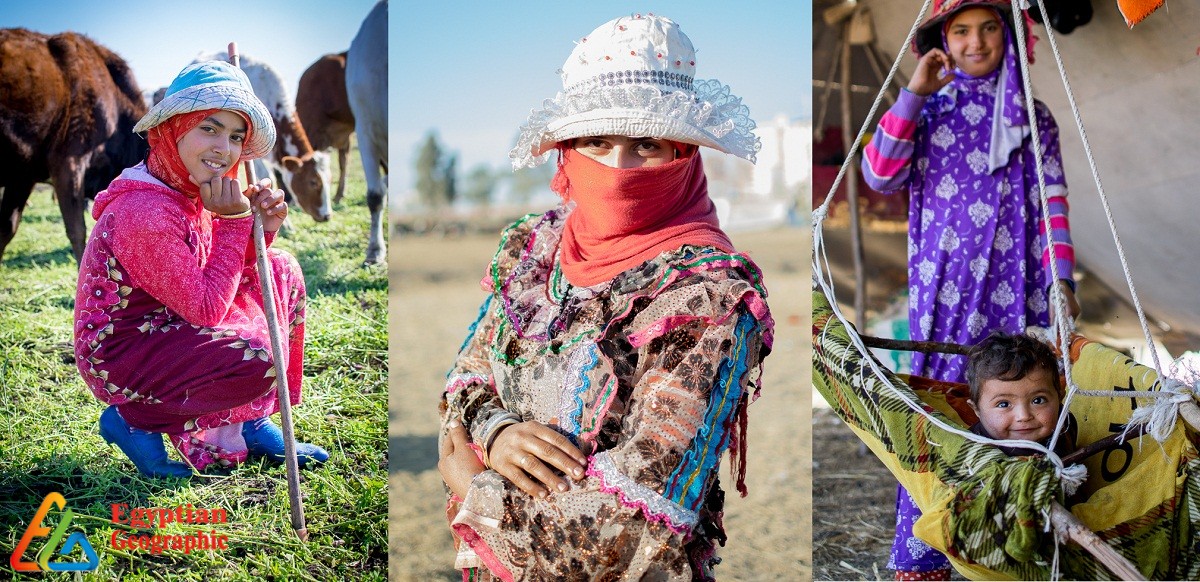
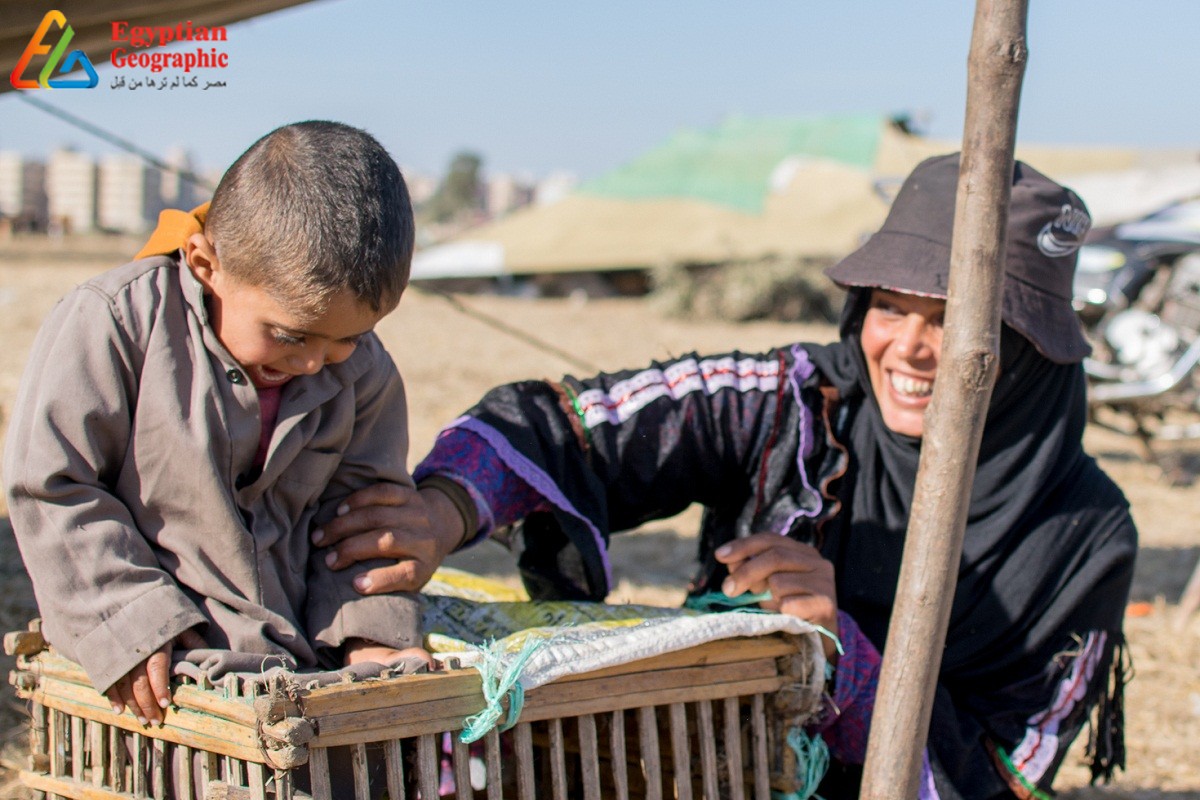

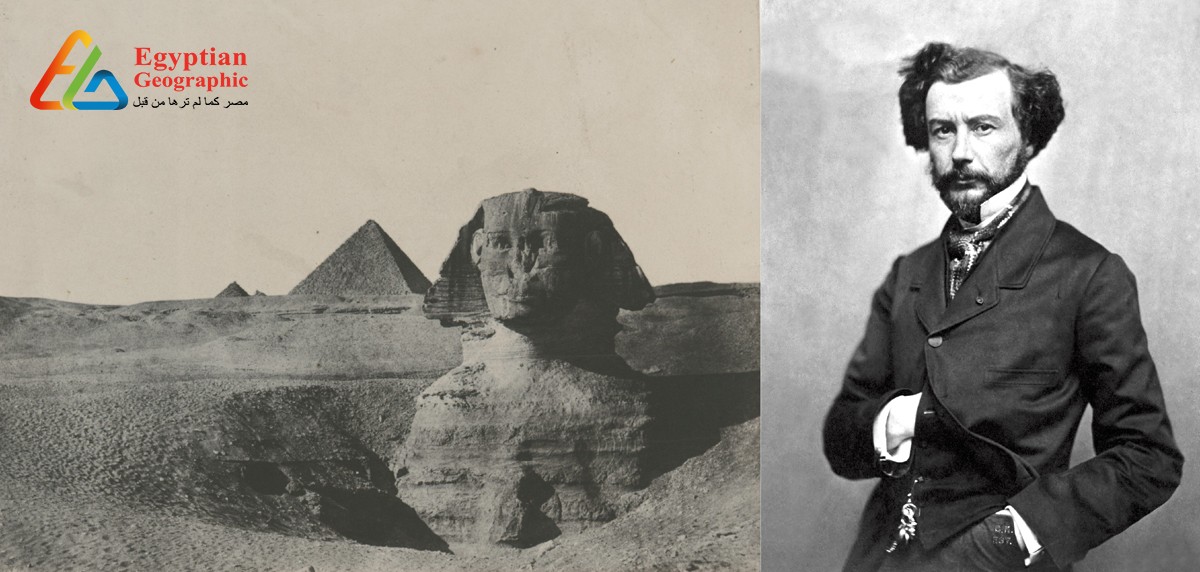
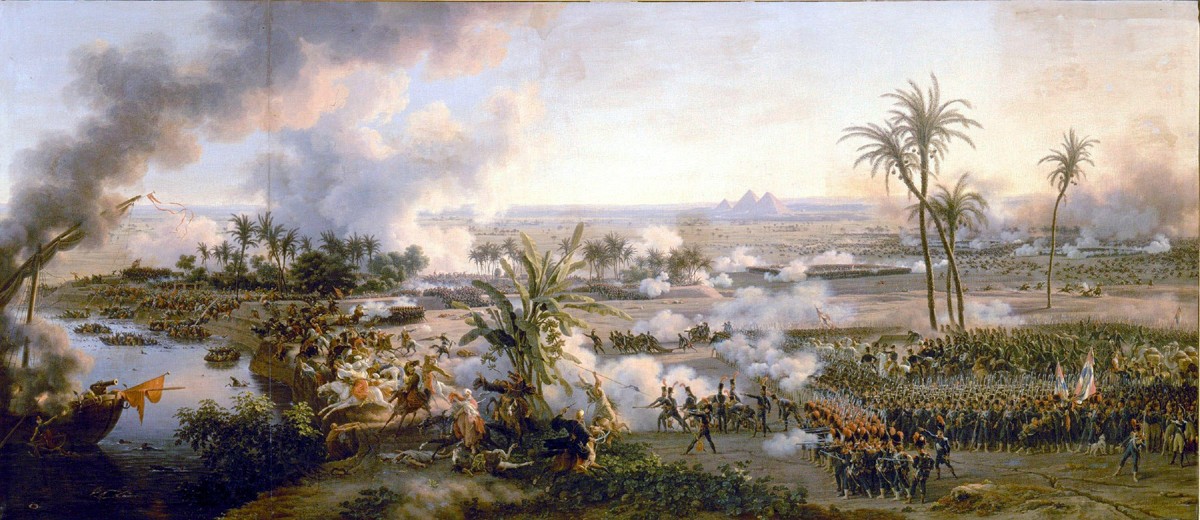



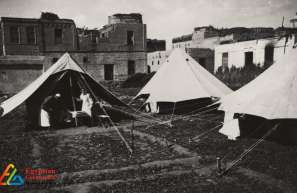
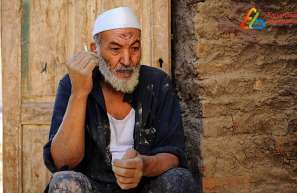
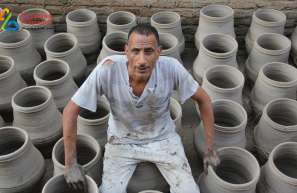


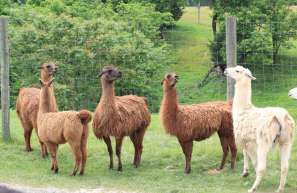

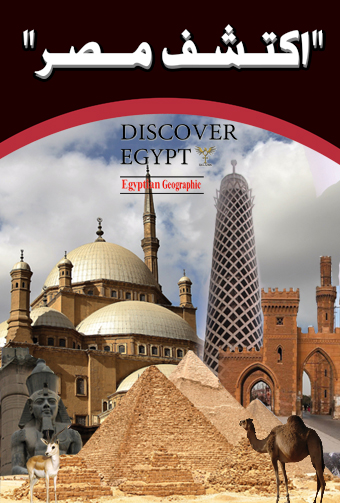
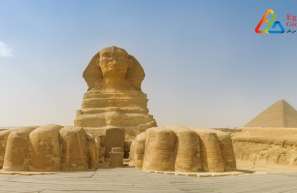


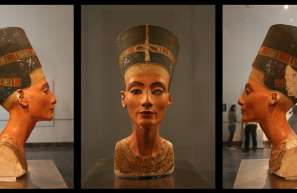

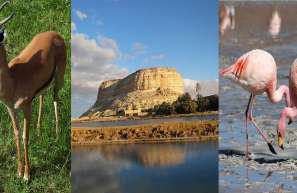
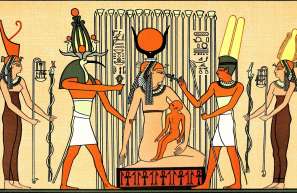
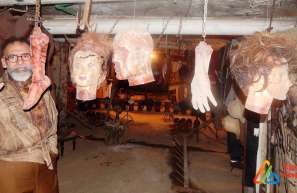

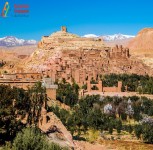


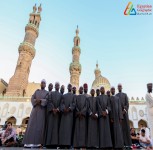
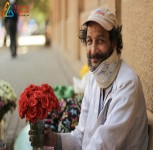
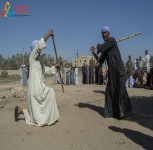
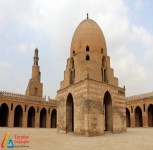
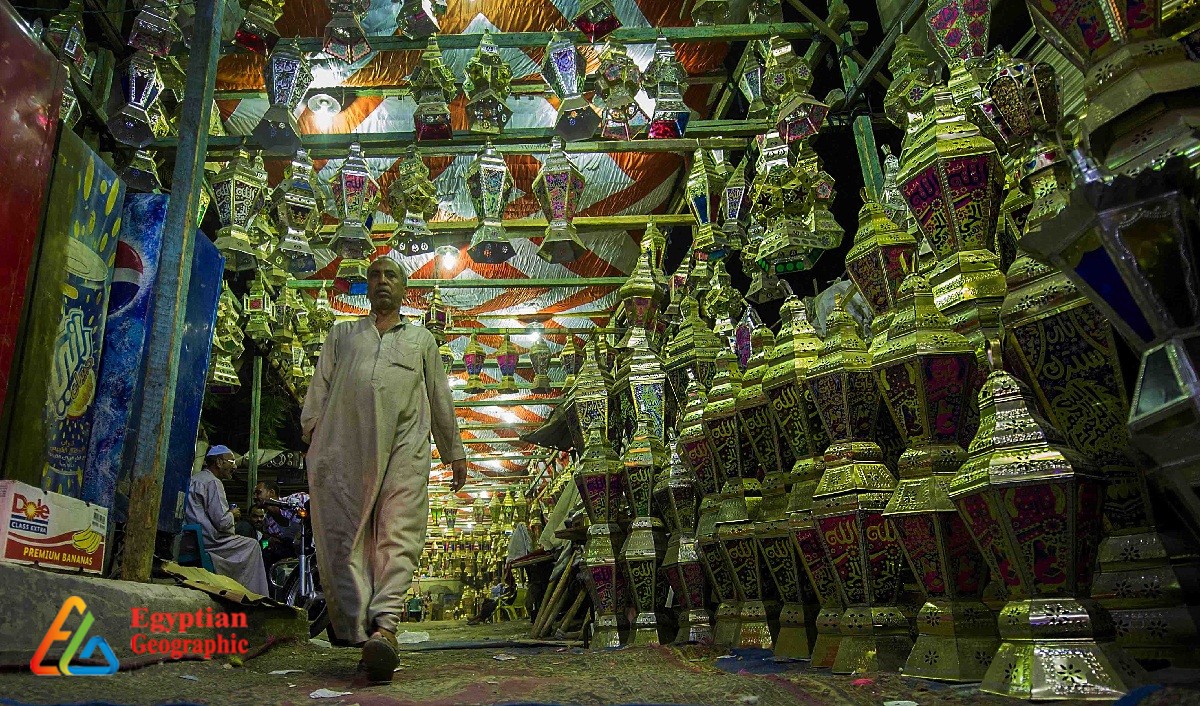
Egyptian Site & magazine